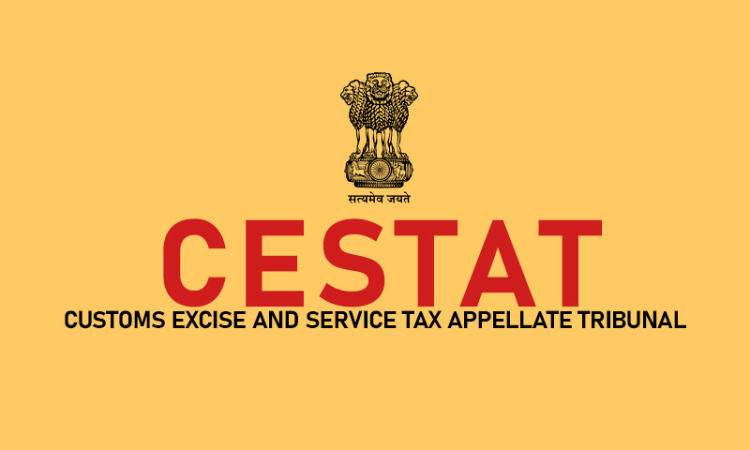The New Delhi Bench of Customs, Excise, and Service Tax Appellate Tribunal (CESTAT) has stated that customs broker not responsible if client moves to new premises once verification of address is complete. “The responsibility of the Customs Broker under Regulation 10(n) does not include keeping a continuous surveillance on the client to ensure that he continues to operate from...

